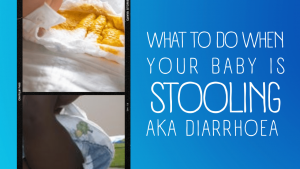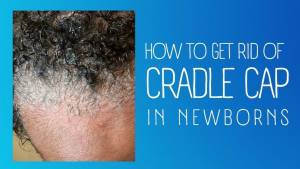How delicious is that thumb?
Even in the womb, babies suck their thumbs. To some extent, almost all newborns suck on a pacifier, fingers, or a thumb to calm themselves. Some parents are concerned because they have heard that thumb-sucking might damage a baby’s teeth. Many paediatricians, on the other hand, advise parents to ignore thumb-sucking since the infant will outgrow it, which is usually true, but not always. Most toddlers quit sucking their thumbs without parental assistance between the ages of two and four.
But what happens if they don’t?
The persistent pressure of thumb-sucking might damage permanent teeth after they have arrived. The effect of thumb sucking in babies may include the following:
- The teeth become crooked (malocclusion), or they are forced forward and out.
- Speech may be impaired.
- The tongue may begin to protrude or remain forced down abnormally.
- Bad odour in the mouth
The problems of thumb-sucking will vary according to how frequently your youngster sucks his thumb. One critical component is frequency. There will be greater movement in the teeth if your preschooler is constantly sucking his or her thumb. Sucking on sometimes is less stressful on the teeth than sucking on a regular basis. Thumb-sucking may become a problem at a certain age, but what can parents do?
Around 6 months of age, you should start looking for acceptable replacements (teddy bear, security blanket, drinking water) for those aggressive suckers. Also, I would simply advise you to take efforts to end it by your child’s first birthday.
We inform our parents that the sucking reflex is natural until their baby is one or two years old; beyond that, it is more of a habit than a reflex. If feasible, we advise our patients to attempt to discontinue all sucking behaviours by the age of two to three years.
If sucking continues to an age when damage could be a possibility, peer pressure often will stop the practice.
Few tips to help your child refrain from thumb sucking:
- Praise a child for not sucking, instead of reprimanding for doing it.
- Because sucking can result from feeling insecure, address the “cause of the anxiety and comfort the child.”
- Provide rewards when a child avoids sucking.
Ask a dentist to help during a regular checkup or special visit by encouraging the child and explaining what may happen to the teeth if the child’s habit continues.
What’s your experience or Opinion about thumb sucking? What are the measures you applied to help your child stop?





Thank you so much Baby Nurse for this piece.
The consequences for thumb sucking are inexhaustible and If it were up to me on this matter, my advise to mothers will be “DO NOT ALLOW YOUR CHILD SUCK HIS/HER THUMB “. It’s as simple as that and i don’t know how else to put it. I have had a personal experience and I have also seen kids (Toddlers, adolescents, Teenagers, even young adults) that still suck their thumbs simply because their parents made excuses for them saying “oh! It pacifies him and I can’t bear to see him cry for long” or ” let her be, she will eventually stop before she turns 1 “….COMFORTING FALLACIES.
It’s much easier to stop when it’s still a reflex, so you take the child’s hand away from her mouth always but when it becomes a habit , after the child turns 1, like every other bad habit, it will be very very different to stop it…